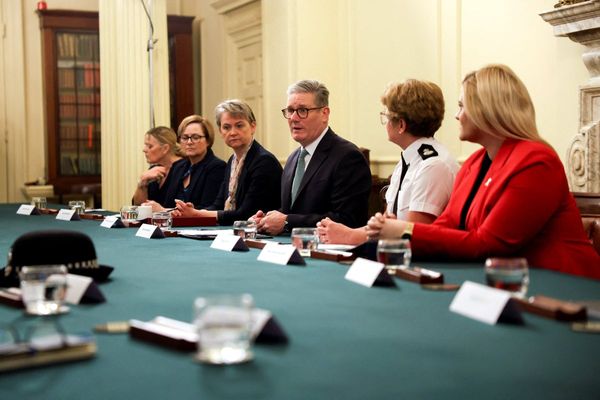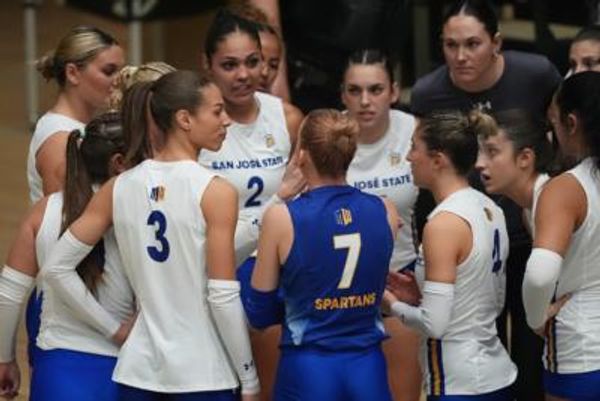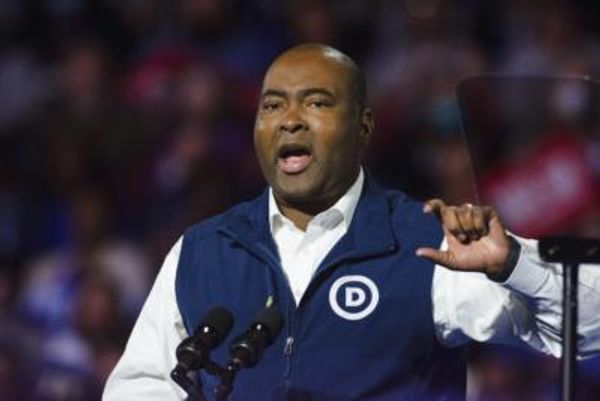WASHINGTON _ Most Democrats running for president have tiptoed around the issue of Puerto Rican statehood, saying they want Puerto Ricans to decide whether or not the U.S. territory becomes the country's 51st state.
But Michael Bloomberg is going further.
The former New York mayor and 2020 presidential candidate broke with most of the Democrats vying for the party's nomination to unequivocally back statehood for Puerto Rico in a policy plan released Monday.
"For decades, Puerto Ricans and their interests have been ignored by Washington. And there's a simple reason why: They don't have a vote in Congress," Bloomberg said in a statement. "There's a clear solution to this challenge that a majority of Puerto Ricans support. Most presidential candidates for president have been too afraid to back it. Not me. I'll state it clearly: I support statehood for Puerto Rico. And as president, I will work to pass a bill making it a reality, subject to approval by the people of Puerto Rico _ who will make the ultimate decision."
Other leading Democrats like Massachusetts Sen. Elizabeth Warren, Vermont Sen. Bernie Sanders and former South Bend, Ind., Mayor Pete Buttigieg support efforts for Puerto Ricans to decide their statehood status through the ballot box. Two Democrats other than Bloomberg support Puerto Rican statehood, tech entrepreneur Andrew Yang and former Maryland Rep. John Delaney. Former Vice President Joe Biden's position on statehood remains unclear.
For years, Florida lawmakers from both parties have backed Puerto Rican statehood, though President Donald Trump said in 2018 he's an "absolute no" on statehood because of his ongoing feud with San Juan Mayor Carmen Yulin Cruz. Trump has repeatedly criticized Puerto Rico's handling of disaster recovery efforts after Hurricane Maria, and top Republicans like Senate Majority Leader Mitch McConnell called statehood "socialist" despite the fact that the territory's lone non-voting representative in Washington, Jenniffer Gonzalez, is a Republican.
Two Democrats from Central Florida, Reps. Darren Soto and Stephanie Murphy, have introduced statehood bills in the House of Representatives in the past year. Soto and Murphy represent the largest Puerto Rican communities in the state, and Murphy was one of the first members of Congress to support Bloomberg's presidential run.
"It's key that the next president will act and support statehood," said Soto, who has not endorsed a 2020 candidate.
Bloomberg also wants an independent audit of current debt and restructuring plans in Puerto Rico. Currently, an appointed fiscal control board oversees Puerto Rico's debt crisis and some Democrats in Congress have argued the board's efforts to slash budgets are hurting the territory's disaster recovery efforts.
"Puerto Rico continues to be burdened by a federally controlled debt restructuring process that has imposed draconian cuts to pensions, civil service pay, the university and municipal governments that are the backbone of public safety and disaster response," Bloomberg's campaign said in a statement. "Mike's plan provides for an independent audit, overseen by a representative board, of current debt and recent restructuring proposals, and implements a plan for debt relief based on the results."
Bloomberg said he would increase federal assistance to Puerto Rico by fully funding Medicaid and implementing federal tax credits that do not go to Puerto Ricans because the vast majority do not pay federal income taxes.
"Mike's plan will provide the same safety net funding to PR as any other U.S. state," his campaign said.
He also plans to quickly disburse any unspent disaster aid to Puerto Rico after other congressional Democrats from Florida recently criticized the Trump administration's decision to impose conditions on $16 billion in disaster relief money before it can be spent.
Bloomberg's nine-page Puerto Rico plan was released a day after his first campaign appearance in Florida and after weeks of heavy spending on television ads across the state. He is investing in states like Florida, which doesn't vote until March 17, with hopes that the Democratic primary remains fluid after caucuses and primaries in early states like Iowa, New Hampshire and South Carolina.
"The road to the White House goes through Florida, is the saying," Bloomberg told the Miami Herald in an interview on Sunday.







